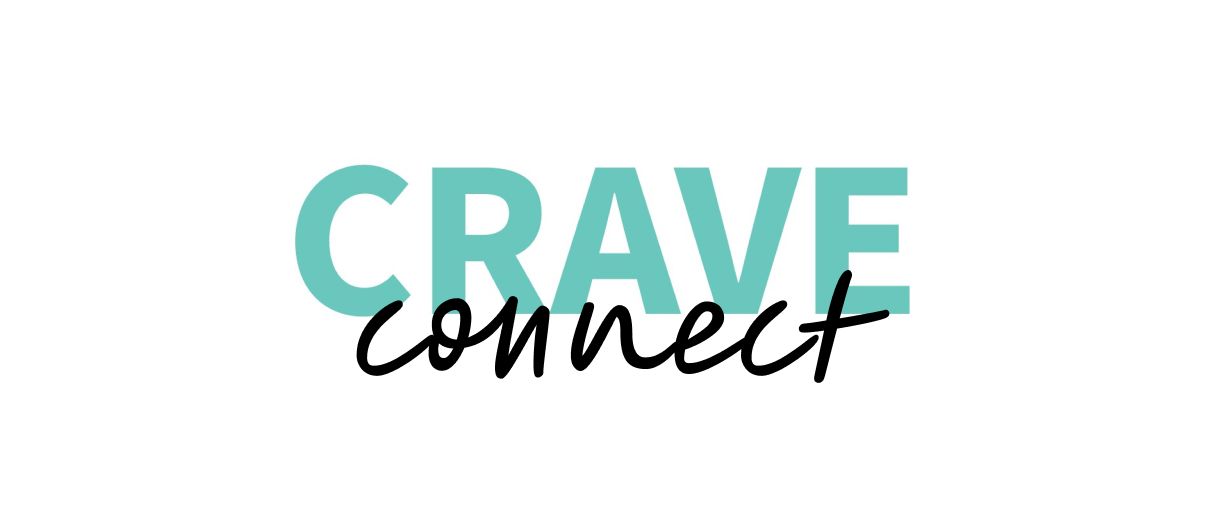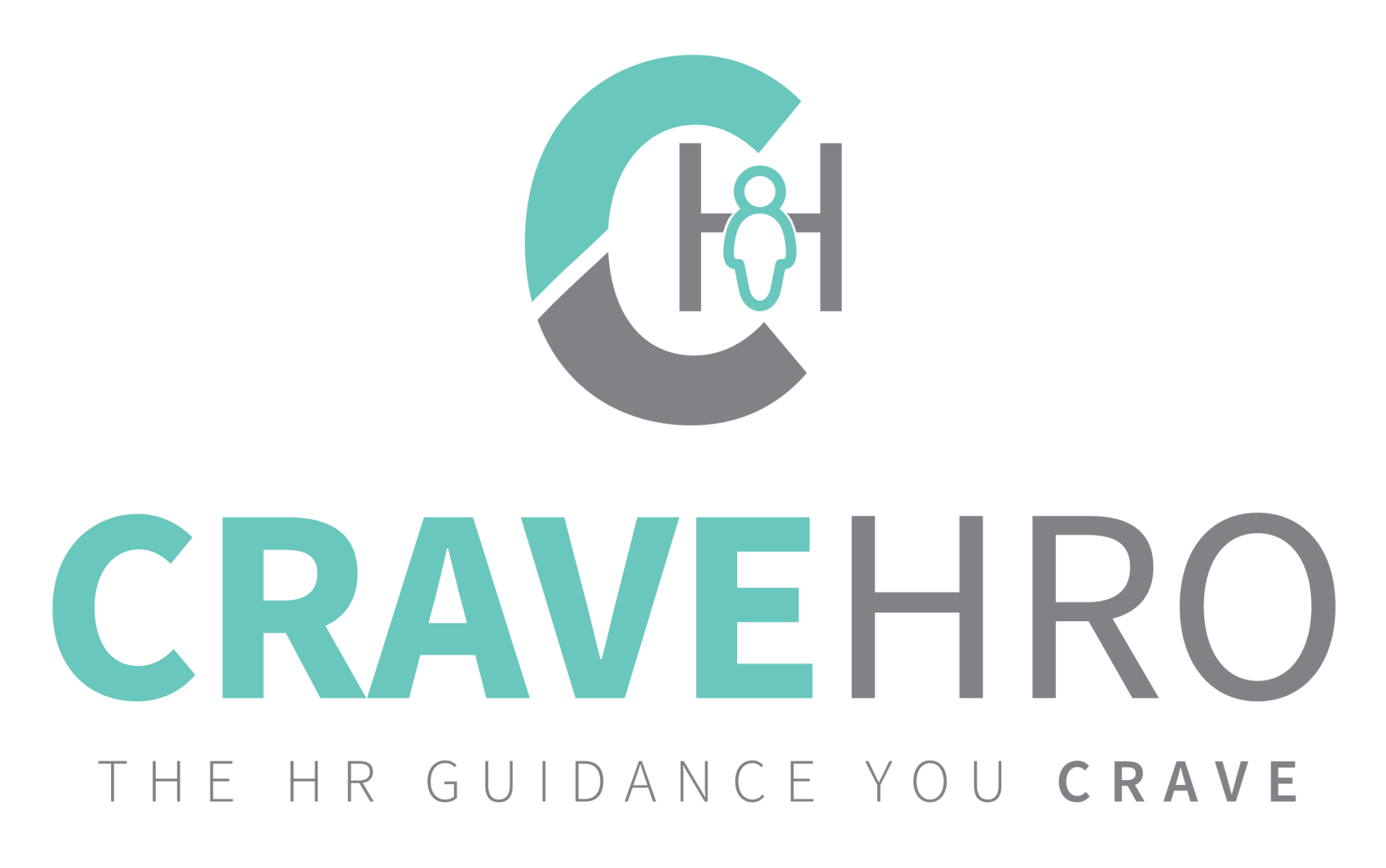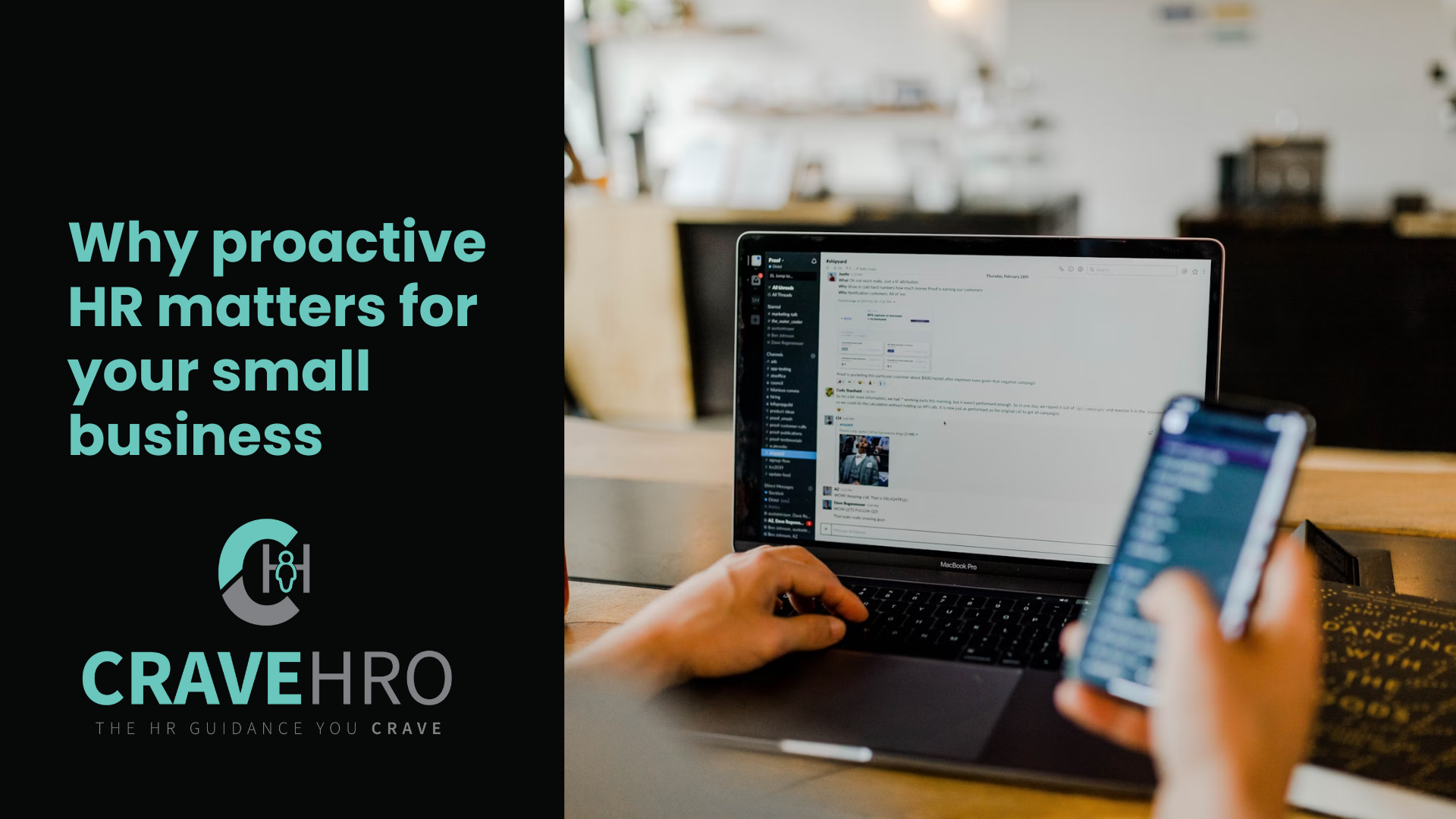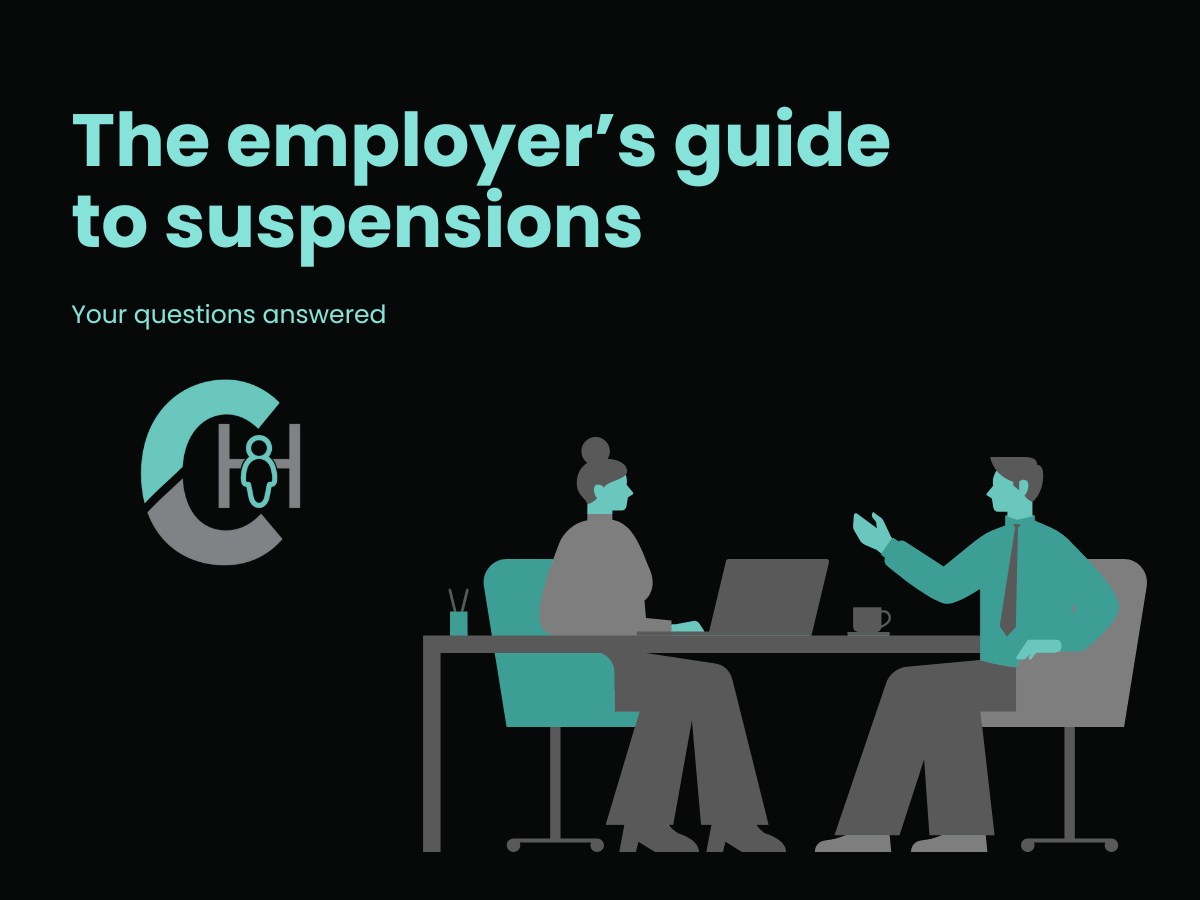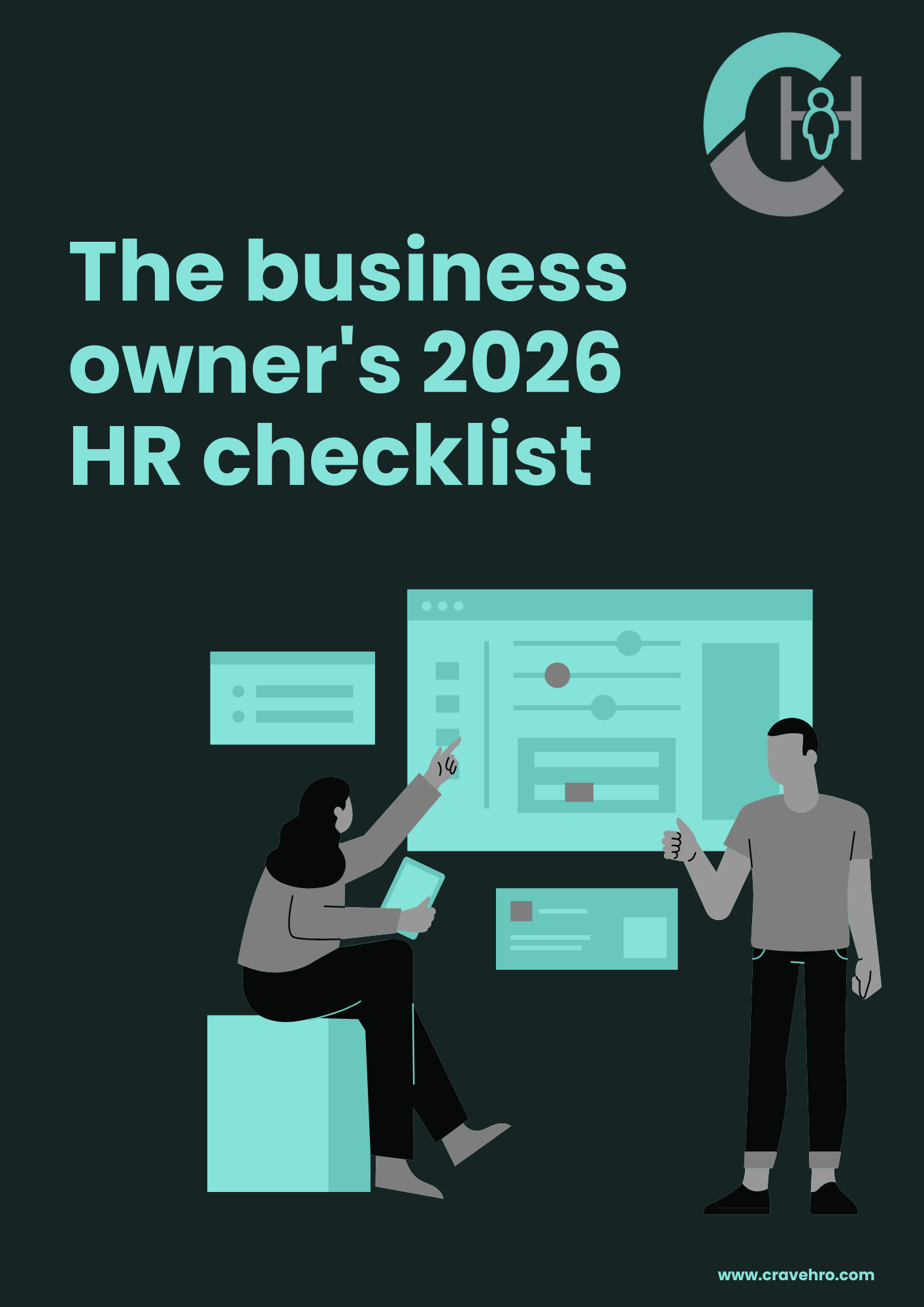February 22, 2023
In today's digital world, we are constantly bombarded with advice on how to navigate our careers. A hot topic being discussed in the HR industry is vulnerability and whether or not it belongs in the workplace. While vulnerability can be a powerful tool in building relationships and fostering trust, it's not always easy to know when and how to be vulnerable, especially when your paycheck is on the line.
That's why career advice that begins with "It's OK to..." and ends in some variation of being vulnerable in the workplace isn't always good guidance. While there may be reason to believe it should be OK, the reality is that sometimes it's not. When someone's livelihood is at stake it is an important distinction to make. We should strive to empower individuals to make informed decisions about their careers while also acknowledging all of the factors associated with being vulnerable at work.
Those of us who are considered experts in the employment landscape should be clear in our messaging that being able to disclose personal struggles or act outside of the societal norms of what is considered professional without the fear of retribution in some form largely depends on the culture of an organization and the specific circumstances surrounding the vulnerable individual.
Being vulnerable in the workplace might mean sharing personal struggles with a colleague or supervisor, admitting mistakes, or expressing emotions in a professional setting. While vulnerability can help deepen relationships, it can also make some people uncomfortable or create a perception of weakness or lack of credibility.
Not all working environments are created equal, and what might be accepted, or even embraced, in one setting might not be in another. In some workplaces, being vulnerable might be seen as a liability, while in others it is considered an asset. For example, if you work in a high-pressure or "old-school" environment, it might not be in your best interest to share your personal struggles with your boss or co-workers, as it could be perceived as a lack of focus or commitment to the job. In contrast, in a workplace that values transparency and open communication, being vulnerable might be more acceptable and even encouraged.*
*Side note: These are buzzwords. Be aware and wary of companies that claim they support these common "core values", but don't actually put them into practice regularly.
Ultimately, the decision to express vulnerability in the workplace can be beneficial, but it's not always safe.
These benefits include:
- Building Trust: Sharing personal struggles and challenges with colleagues or managers can help build trust and foster deeper relationships. When people see that you are willing to be vulnerable and authentic, they are more likely to open up and share their own struggles and challenges, creating a more supportive work environment.
- Encouraging Empathy: When colleagues or managers see that you are vulnerable, they may be more likely to empathize with you and understand your perspective. This can help improve communication and collaboration, leading to better teamwork and productivity.
- Demonstrating Authenticity: When you are open and honest about your struggles and challenges, you demonstrate authenticity and integrity, which can help build your reputation and credibility with colleagues, managers, and clients.
- Fostering Innovation: When people feel comfortable sharing their ideas and perspectives, they are more likely to come up with new and innovative solutions to problems. Being vulnerable and open to new ideas can help create a more creative and dynamic work environment.
- Supporting Mental Health: When people are able to talk openly about their mental health struggles, it reduces the stigma and creates a more supportive culture. This can help individuals feel more comfortable seeking help and support when they need it, which can lead to improved mental health and well-being.
There are also risks and potential consequences to consider. Some of these include:
- Negative Perception: Unfortunately, being vulnerable at work can sometimes lead to negative perceptions from colleagues or managers. Some people may view vulnerability as a sign of weakness or lack of professionalism, which could lead to negative consequences such as loss of respect or missed opportunities for career advancement.
- Discrimination: In some cases, being vulnerable at work can lead to discrimination or mistreatment from colleagues or managers. This could be particularly true for individuals who share personal information about their mental health or other sensitive topics, as unfortunately, there is still a stigma around these issues in many workplaces. hashtag
- #stopthestigma
- Career Implications: Depending on the nature of the vulnerability shared, there may be implications for one's career. For example, if an individual shares that they are struggling with addiction or other personal issues, they may be perceived as unreliable or untrustworthy, potentially impacting their career prospects.
- Emotional Toll: Sharing personal struggles can be emotionally taxing, particularly if an individual does not receive the support they were hoping for. If colleagues or managers respond negatively or are unsupportive, it could lead to feelings of isolation or rejection.
When faced with a decision to be vulnerable, or not, it's important to carefully consider if the organization is truly supportive of such openness, the possible pitfalls involved, and whether or not you are able to manage whatever the outcome may be. If you're unsure, seek out guidance from a trusted mentor or advisor who has experience navigating similar situations.
HR DISCLAIMER:
It's important to note that in some cases, employees may be entitled to certain job-related protections and benefits related to their specific situation. If this is the case, share what is necessary in order to access these resources with the appropriate parties. This may require disclosing some (not all) personal information.
For example, if an individual shares information about a disability, their employer may be required to make accommodations under the Americans with Disabilities Act (ADA). Other protections may be available under state or local laws. Retaliation in these instances is not only typically frowned upon, but it's also usually illegal. Consult with an employment lawyer on that one!
If you're struggling with personal issues such as mental health concerns, addiction, or other challenges, there are many helpful resources available outside of the workplace that you can utilize judgement-free and without the possibility of negative consequences. These may include counseling services, support groups, and helplines. It's important to take advantage of these resources and seek help when you need it.

